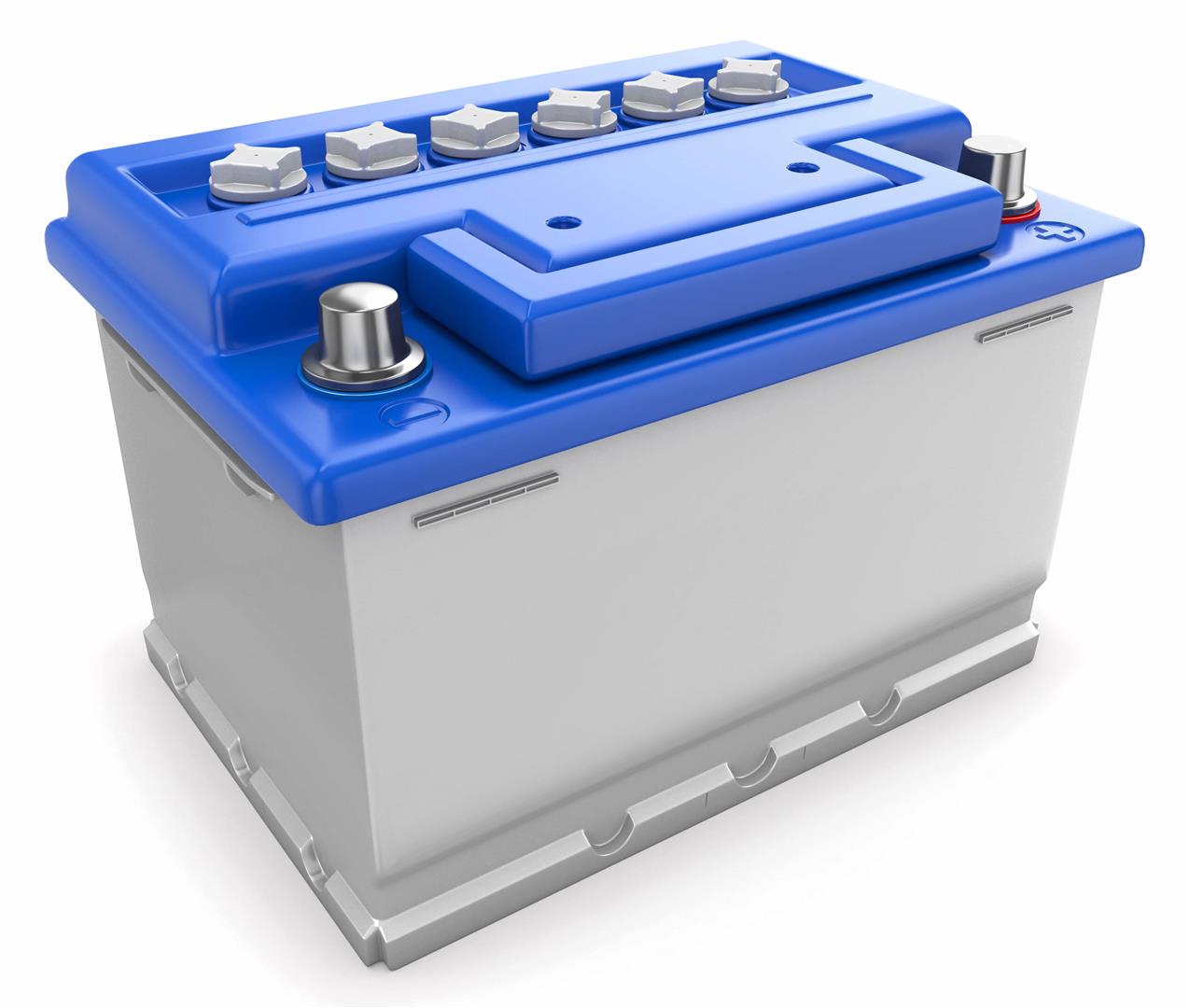
Wouldn’t it be great if you knew to replace your car's battery before your vehicle refuses to start? Which seems to always be at the most inconvenient time. Well you can, when you know to look for these 6 common signs that your battery may be approaching the end of its life.
1. Age of the Battery
The average lifespan of a car battery is typically around 3 to 5 years. If your battery is approaching or has surpassed this age range, it's a good idea to proactively consider a replacement. Aging batteries may not hold a charge as effectively, increasing the risk of being stranded with a dead battery.
2. Slow Engine Crank
When you turn the key in the ignition, and the engine cranks slowly, it's a sign that your battery is losing its capacity. A healthy battery provides the necessary power to start the engine promptly. If you notice a sluggish crank, it's time to have your battery tested or replaced.
3. Frequent Jump Starts
If you find yourself needing jump starts more often than usual, your battery may be on its last legs. While occasional jump starts might be due to leaving lights on or other user errors, persistent issues suggest an underlying problem with the battery.
4. Warning Lights on the Dashboard
Modern vehicles are equipped with sophisticated systems that can detect issues with various components, including the battery. If you see a battery warning light on your dashboard, don't ignore it. It could indicate low voltage or a failing battery, and it's advisable to have it checked by a professional.
5. Electrical Component Issues
A weakening battery may impact the performance of your car's electrical components. If you notice dimming headlights, flickering interior lights, or erratic behavior from other electrical systems, it's a red flag that your battery might be struggling to provide a consistent power supply.
6. Corrosion on Battery Terminals
Check the battery terminals for signs of corrosion. Corroded terminals can hinder the flow of electricity between the battery and the rest of the vehicle. Regularly clean the terminals, and if corrosion persists, it may be an indication of a deteriorating battery.
 Seasonal Considerations
Seasonal Considerations
Extreme temperatures, both hot and cold, can affect battery performance. In colder climates, batteries have to work harder to start the engine, while in hotter climates, the heat can accelerate the chemical reactions inside the battery, leading to faster deterioration. If your battery is nearing the end of its lifespan, consider replacing it before going into a season with extreme weather.
Regular maintenance and being attentive to the signs of a failing battery can save you from the inconvenience of an unexpected breakdown. If you notice any of the indicators, it's wise to consult with a professional mechanic who can perform a battery test and advise on whether a replacement is necessary. Remember, a proactive approach to battery health ensures a reliable and hassle-free driving experience.